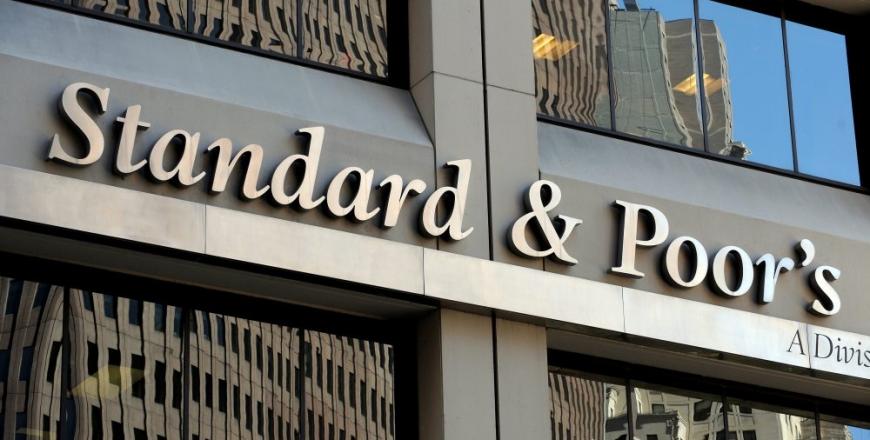You are here
S&P maintains Kingdom's long-term sovereign credit rating
By JT - Sep 11,2022 - Last updated at Sep 11,2022
AMMAN — International credit rating agency Standard and Poor’s (S&P) has maintained the Kingdom's long-term sovereign credit rating at B+/Stable/B.
S&P's decision follows Jordan's adoption of several reforms related to stimulating investments and competitiveness, expanding the tax base within the economic reform programme, and the international support that the Kingdom receives in various fields, the Jordan News Agency, Petra, reported.
The agency referred to realising positive results by the general finance of the Kingdom over the last two years that exceeded targeted expectations in the General Budget Law as a result of structural reforms implemented by the governments, such as expanding the tax base, bridging gaps and improving tax compliance and customs reforms.
These procedures led to reducing the deficit of the central government by 7 per cent when compared to the 2020 GDP to reach 5.4 per cent in 2021, S&P added.
The agency expected the average financial deficit of the central government to reach 4.6 per cent over the period spanning between 2022 and 2025 and that the net government debt to start decreasing until reaching 79 per cent of the GDP by 2025.
Finance Minister Mohamad Al-Ississ told Petra that maintaining the rating for Jordan in light of the economic challenges facing the world is "an indicator of the success of structural reforms" implemented by the government to preserve the stability of financial and monetary indicators, which reflects positively on credit ratings and the confidence of investors and international institutions in the national economy and its resilience.
Al-Ississ added that the government will continue to exert efforts to maintain the financial stability of the Kingdom through regaining momentum of the growth to provide jobs, mainly among the youth.
As for the monetary policy, the agency said that Jordan managed to maintain "a good level" of foreign currency reserves during the pandemic, which increased by $3.6 billion since the beginning of 2020 to $19 billion by the end of 2021.
To preserve monetary stability and in light of the connection of the Jordanian dinar with the US dollar, the Central Bank of Jordan (CBJ) has increased interest rates in conjunction with the US Federal Reserve's moves of increasing interest rates more than once in 2022.
S&P also expected inflation rates in Jordan not to hit levels reached by European countries and the US, anticipating the inflation level to arrive at its peak by the end of 2022 to 4.2 per cent before it starts to go down and stand at 2.5 per cent in 2025.
In this regard, CBJ Governor Adel Sharkas said that maintaining the credit rating and the future outlook of the Jordanian economy is supported by the sound administration for the macro economy policies and by the confidence of the international institutions to the proactive response for monetary and banking polices of CBJ, mainly during the pandemic and its repercussions.
The agency also noted that Jordan succeeded in limiting the ramifications of the Russian-Ukrainian war on the national economy in light of preserving enough reserves of wheat, the government's signing of long terms contract for natural gas, increasing the export of fertilisers, and the recovery of the tourism sector.
Related Articles
AMMAN — Sovereign credit rating agency Standard & Poor’s (S&P) has maintained Jordan’s credit outlook as B+/B with a stable outlook,
AMMAN — On Friday, sovereign credit rating agency Standard & Poor’s (S&P) affirmed Jordan’s credit rating as B+/B with a stable outl
AMMAN — Credit rating agency Standard & Poor's (S&P) has upheld the Kingdom's long-term sovereign credit rating at B+/B with a stabl


















